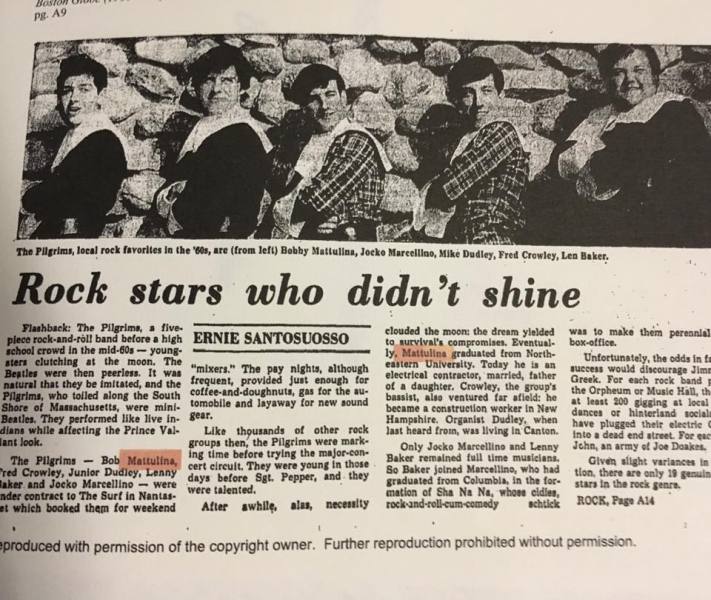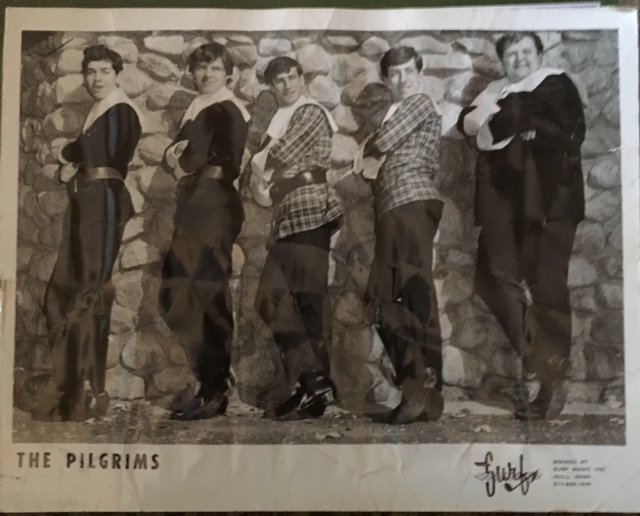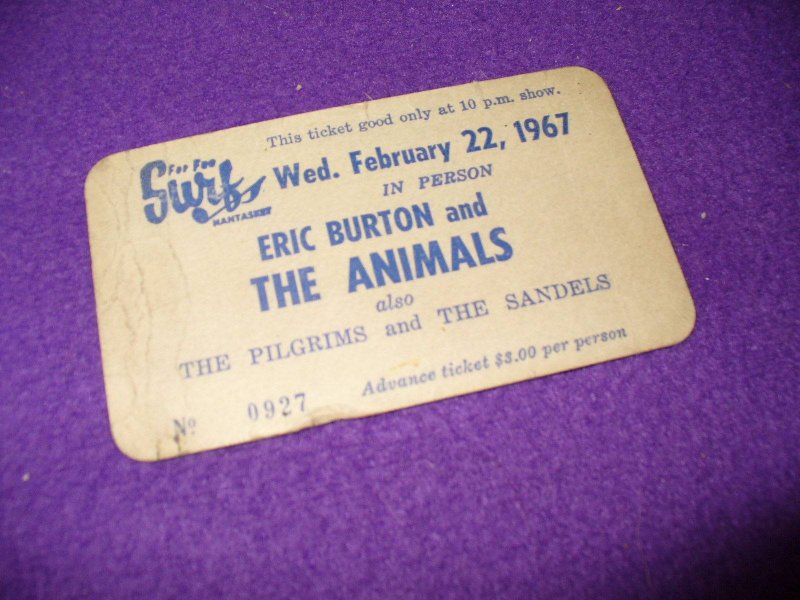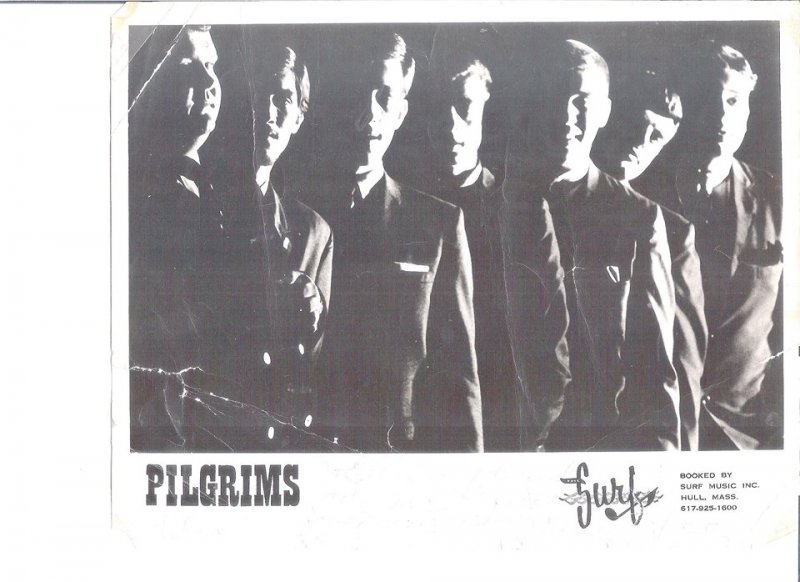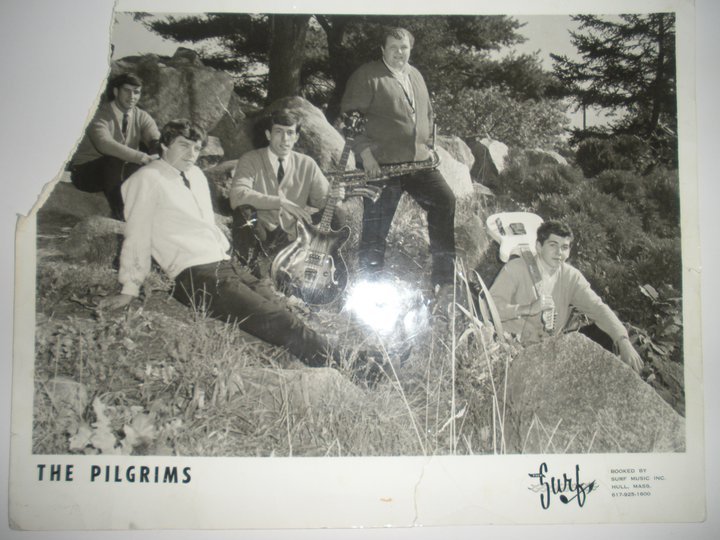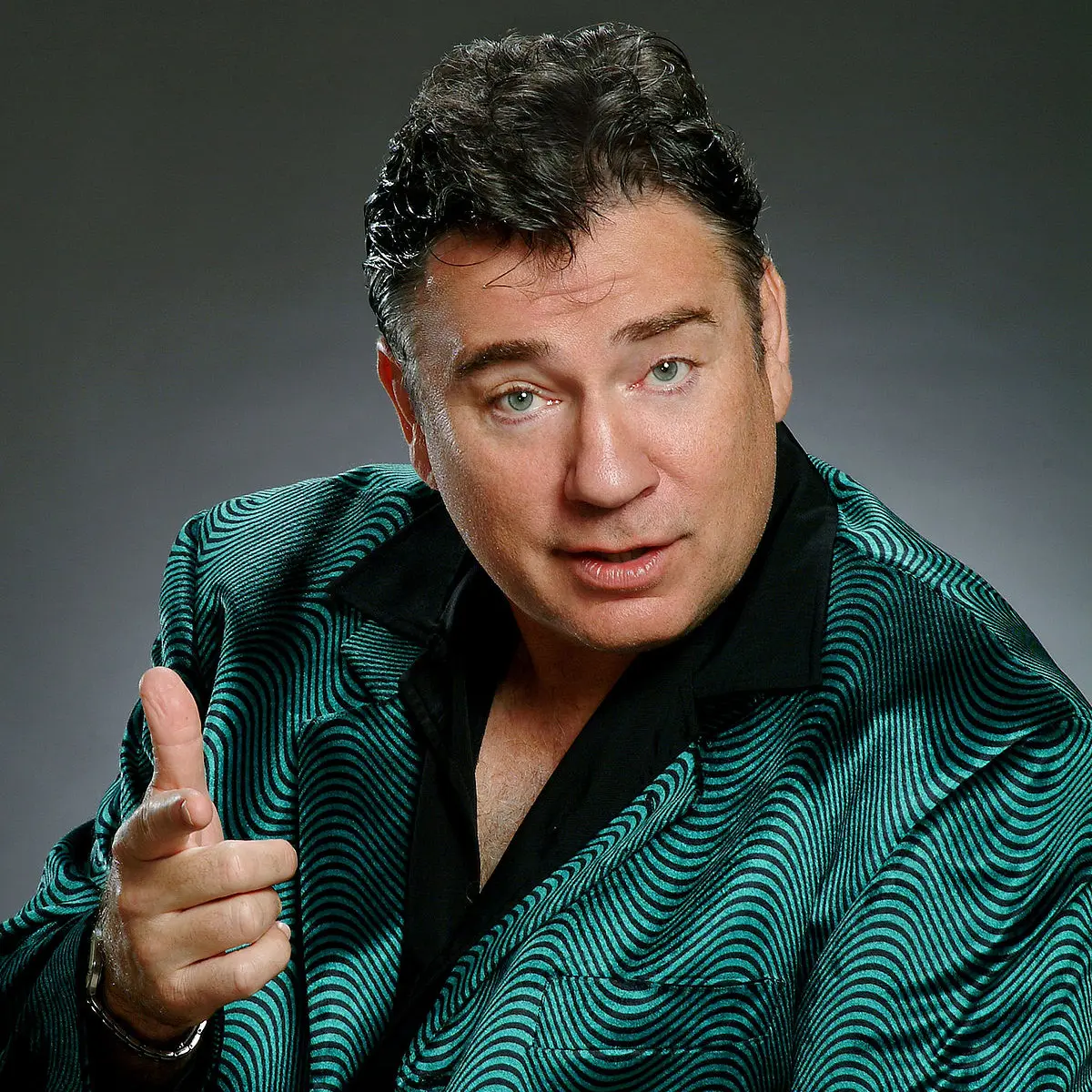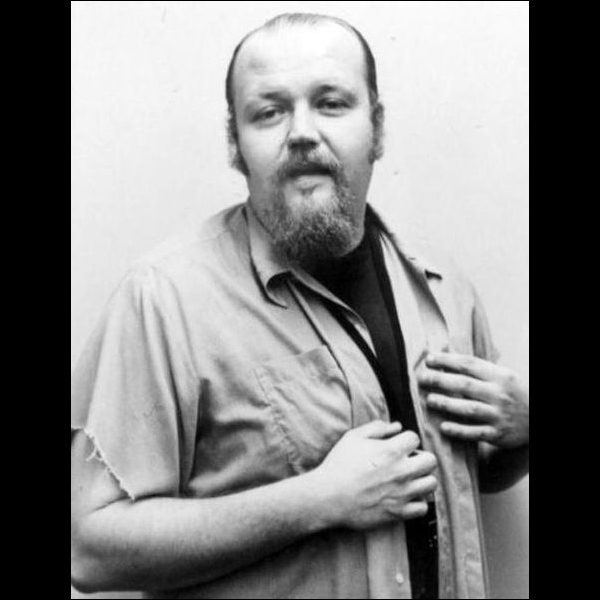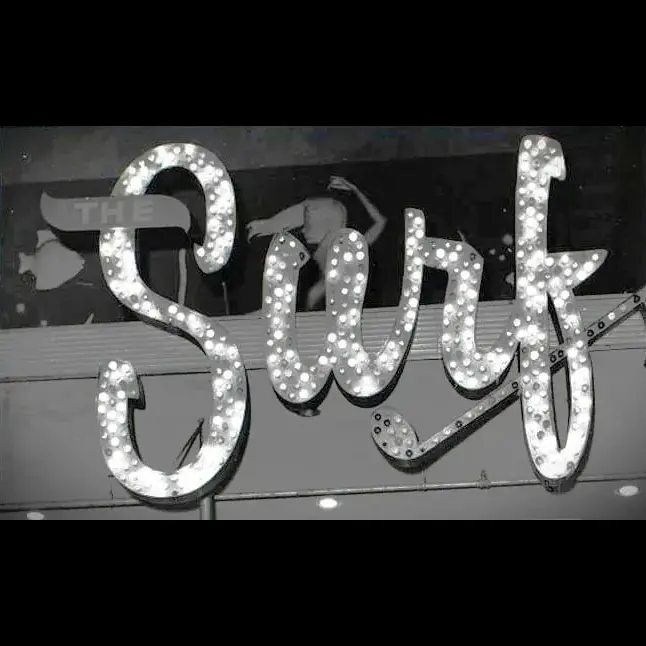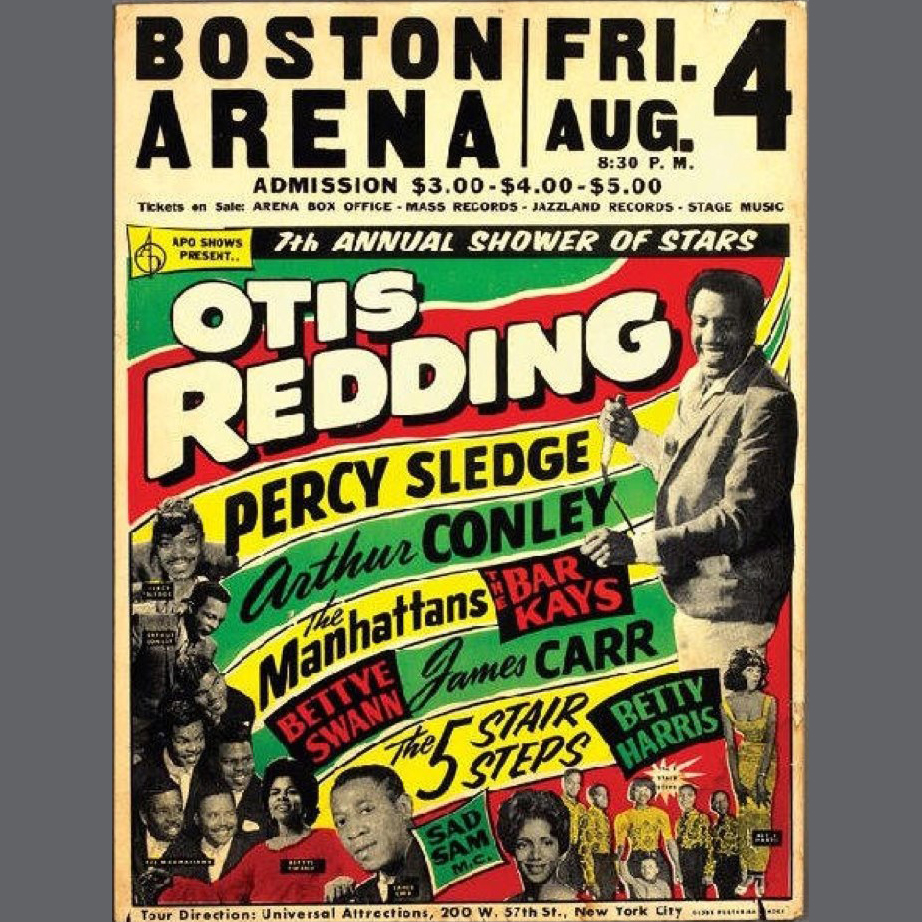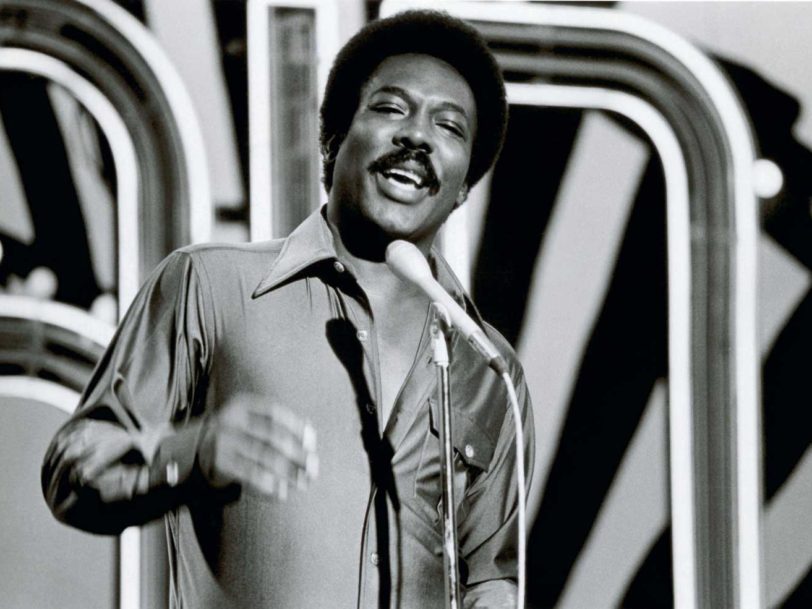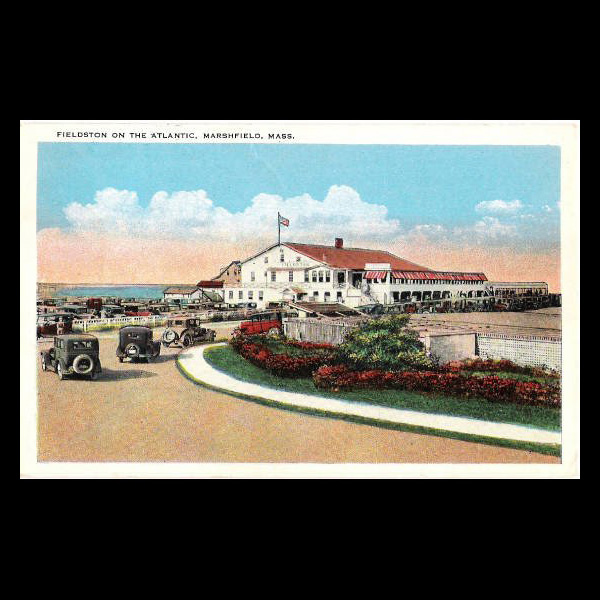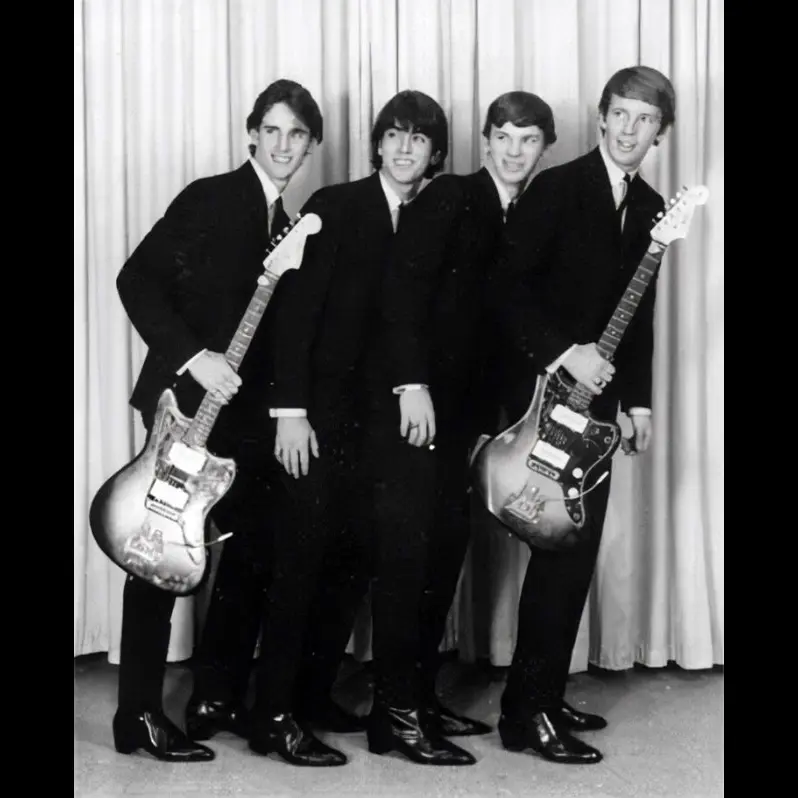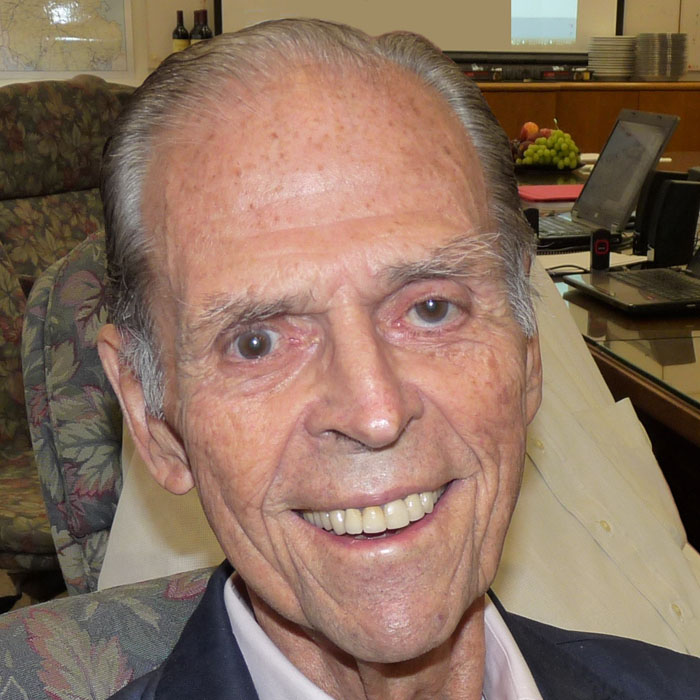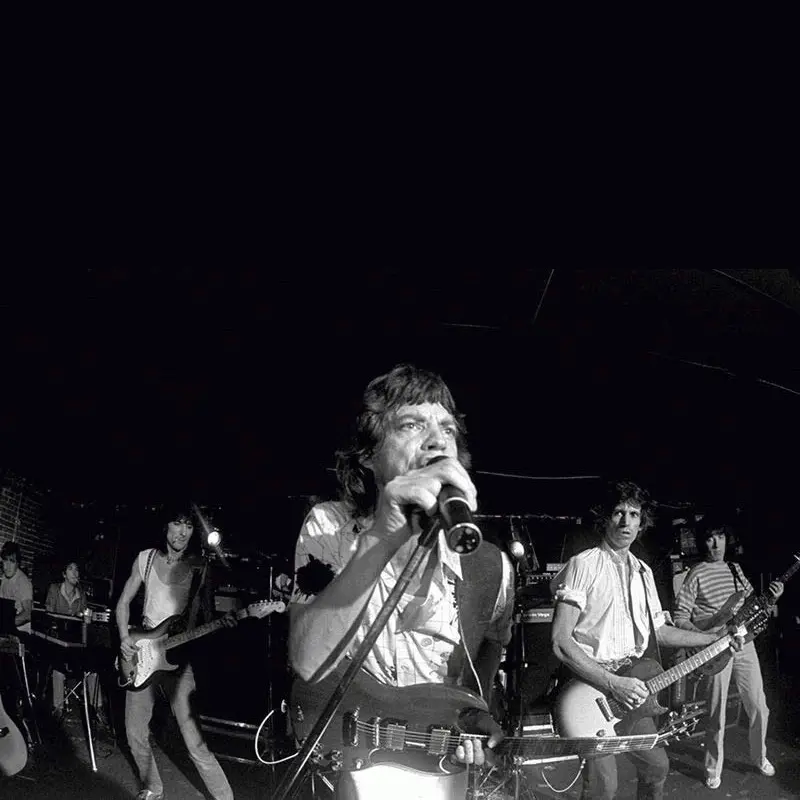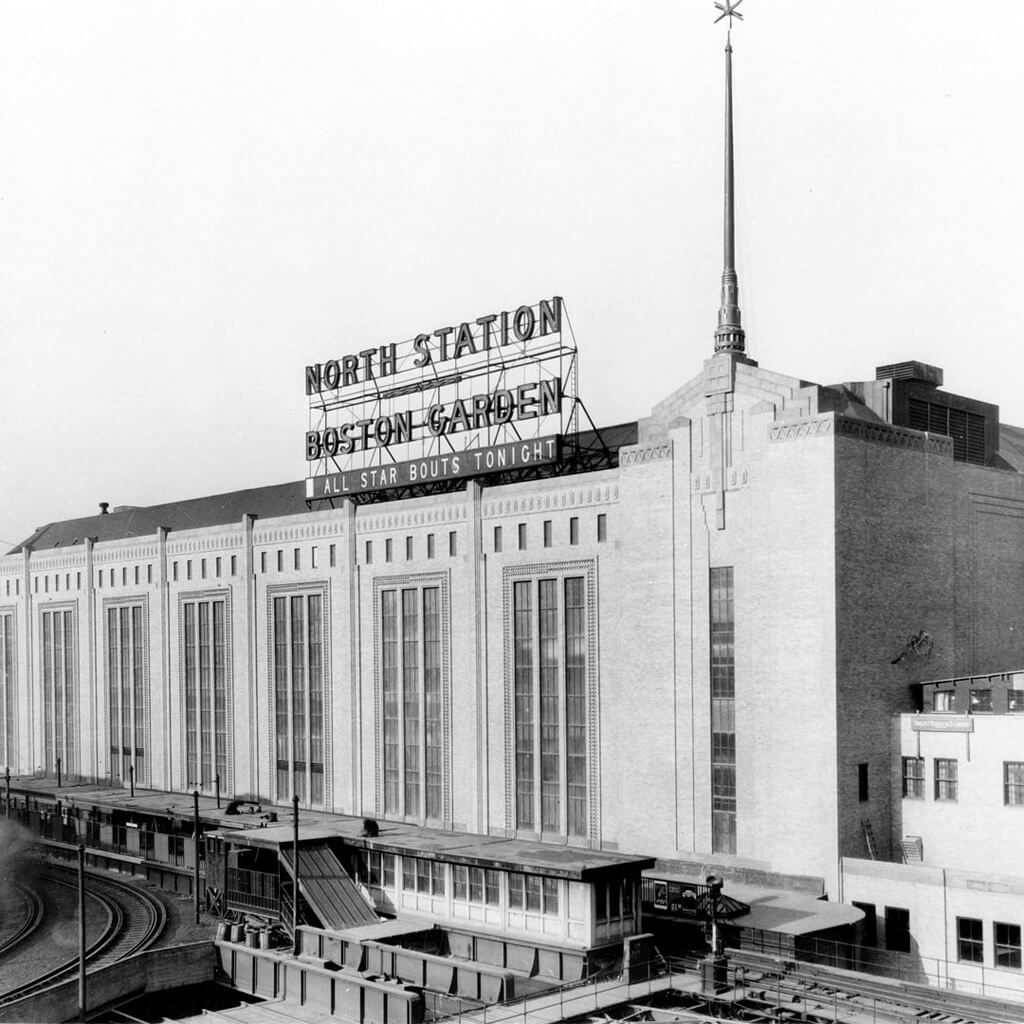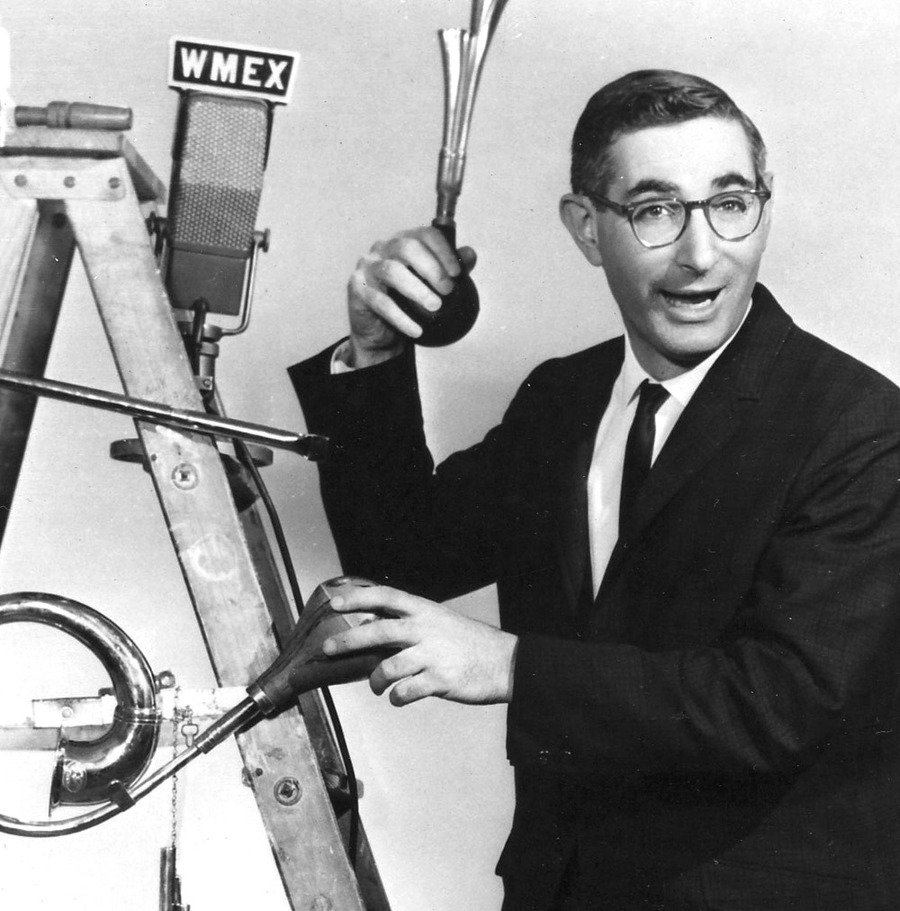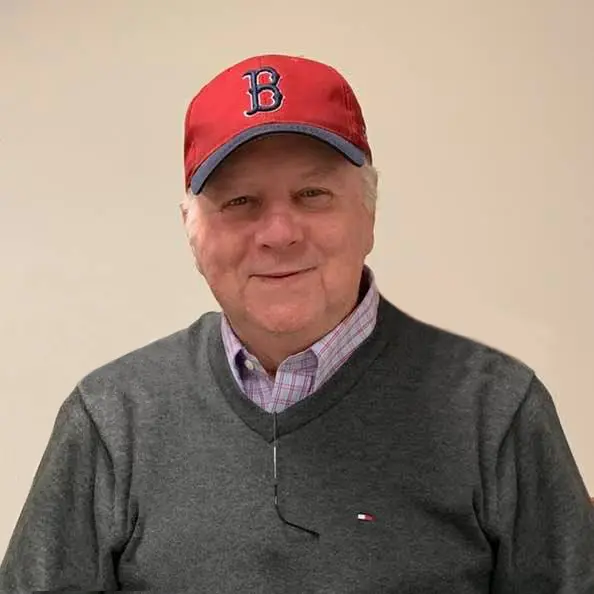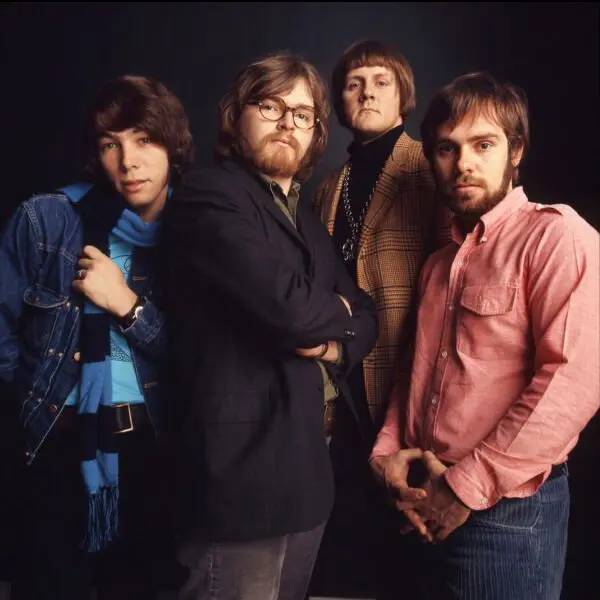The Pilgrims
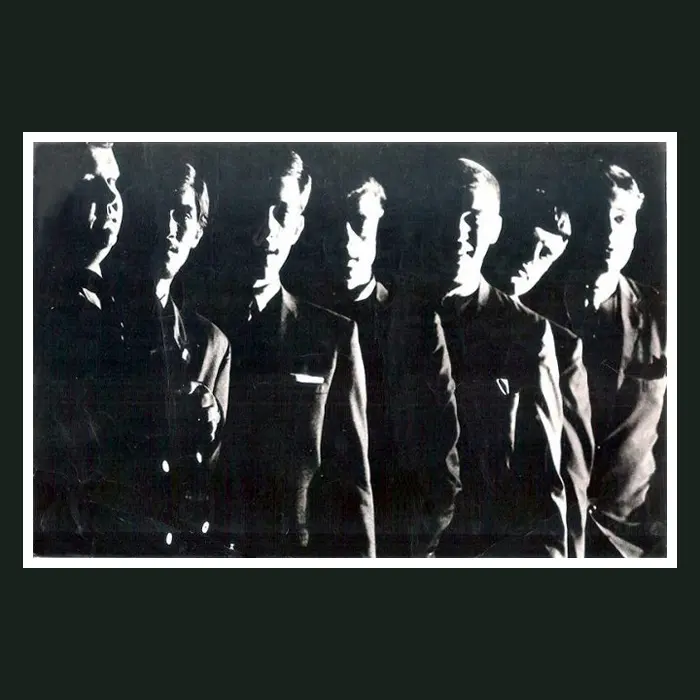
An hour or so before show time, you could usually hear The Pilgrims backstage slapping together a last-minute arrangement since their contract with The Surf required that they sing some of the day’s biggest hits whenever they appeared the venue’s three Massachusetts locations (Nantasket, Hyannis and Salisbury). They’d work on tunes like “Help Me Girl” or “Walk Away Renee,” then hold their noses and sing them to open their first set.
With that out of the way, they could move into the music that brought the band together and brought the crowds every night: Memphis soul, particular their covers of Wilson Pickett, Sam and Dave and Otis Redding numbers. “Shotgun,” “Knock on Wood” and a-a-a-a-ahhh….“Last Night.
FORMATION, LINEUP, ON-STAGE ATTIRE
The group was formed in Dorchester in late 1963 by guitarists Bobby Julian, Gigi Carpentieri and Mike Lombardo, Mike “Junior” Dudley (keyboards) and Jack “Jocko” Marcellino (drums). Lennie Baker soon brought his lead voice and growling tenor sax to give the group its signature sound. In 1965, guitarist Bobby Matulina and bassist Fred Crowley joined. At the time, Paul Revere & The Raiders were wearing tri-corner hats and Sam the Sham & The Pharaohs were sporting turbans and harem pants, so somebody suggested that The Puritans don Puritan-style tunics, which they did.
Rick Baker sat in on drums for Marcellino during high school football season and quite often an uberfan named Jim Riley added extra bottom on congas. Riley adopted the stage Juma Santos and went on to become percussionist on Miles Davis’ seminal Bitches Brew album and dozens of other jazz classics over the next two decades.
REGULAR VENUES, OPENING SPOTS
When they first formed, the band played venues like the notorious Town & Country in Mattapan where, according to one newspaper article, “the walls were always sweating,” and the Rexicana Ballroom in Marshfield, where the crowds literally had the floors bouncing. When The Rockin’ Ramrods did a 31-city tour of North America backing The Rolling Stones in the fall of 1965, Surf owner Bill Spence plugged in The Pilgrims as the venue’s new house band.
Over the next three years, the band headlined at the Surfs, Lincoln Park in Dartmouth, Mountain Park in Holyoke and the Catholic high school circuit and opened for national acts at Boston Garden and various stadiums across the Northeast. Arnie “Woo Woo” Ginsburg, Larry Justice and other Boston-area deejays emceed as the group warmed up crowds for The Beach Boys, The Animals, B. J. Thomas, Junior Walker, Orpheus, Wilson Pickett, The McCoys, Steppenwolf, The Turtles, The Young Rascals and Blood, Sweat & Tears.
But rock ‘n’ roll wasn’t exactly lucrative in the ‘60s for the vast majority of acts, so The Pilgrims never built sizable bank balances. One Easter weekend, they finished a show at the War Memorial in Rochester, New York only to find the fuel needle in their van very near “empty.” They were 400 miles from home and none of them had enough gas money. More than 40 years later, they insist that they still play to repay Aaron Neville (of The Neville Brothers) the $20 that he “loaned” them.
DISBANDING, POST–PILGRIMS ACTIVITY, LEGACY
In 1968,Marcellino headed off to Columbia University and became known as “Jocko.” Baker soon joined him in the doo-wop tribute band Sha Na Na, and the two toured and recorded together for the next 30-plus years. Guitarist Julian went psychedelic with The Chalk Garden as The Pilgrims re-grouped with a new lineup including Bill “Marin Lee” Marinelli (vocals), Rick Nelson (drums), Albie MacDonald (sax), Gary Shebeck (guitar), Al Zansler (trumpet) and Don Lutzi (keyboards). Lee was eventually replaced by vocalist Stevie High from The Front Page Review, another popular Surf act.
The Pilgrims’ soul and grit laid a backdrop to many a Bostonian’s trip to the Combat Zone and other area night clubs for years to come. Band members say their backs are still sore from hauling Lutzi’s 425-pound Hammond B3 organ and two 200-pound Leslie speaker cabinets up the more than stairs to the ballroom at the Surf on Nantasket Beach.
(by Richard Mattulina)

